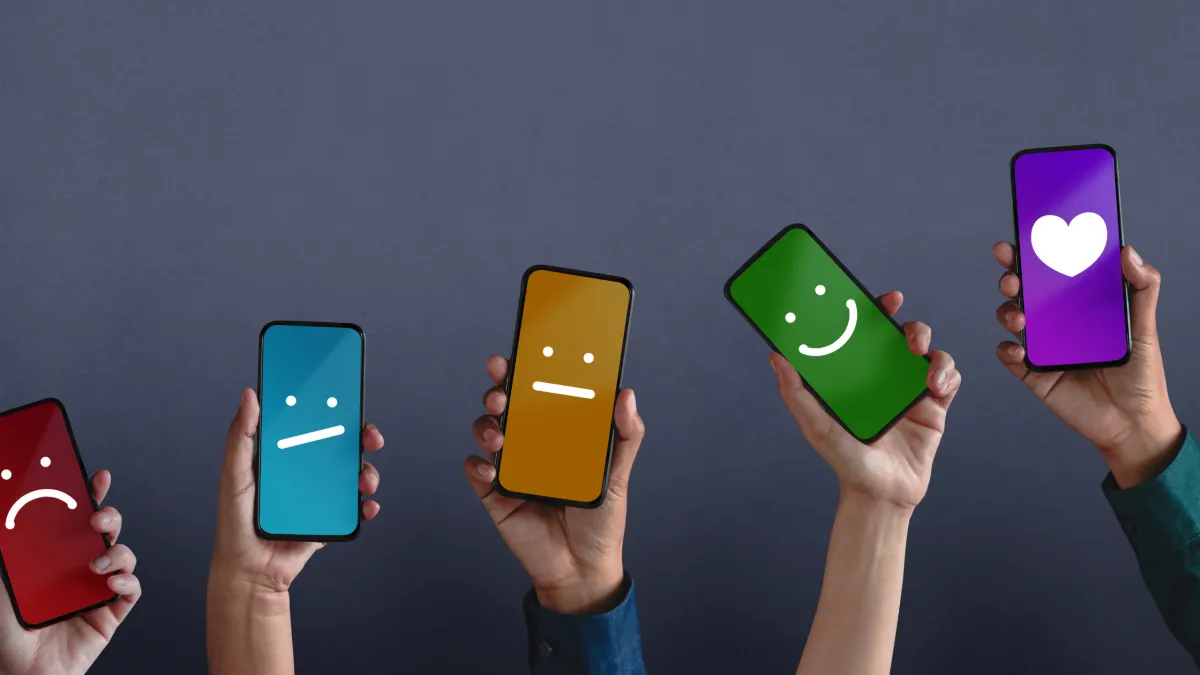
TaxAssist Advisors
Reach your tax, financial, & business goals faster

Maximize Your Smartphone Benefits: A Smart Tax Strategy for Business Owners
Unlock Tax Savings Through Smartphone Benefits
In today’s business world, smartphones are more than just a convenience—they’re essential tools for communication, productivity, and growth. But did you know your business’s approach to handling smartphone expenses could unlock significant tax savings? By implementing a tax-smart smartphone strategy, you can reduce expenses, improve employee satisfaction, and enhance operational efficiency.
The Tax-Smart Smartphone Strategy
When smartphones are provided by your business for primarily business purposes, several tax benefits come into play. Here’s how it works:
Business Use as a Working Condition Fringe Benefit:
The business use of the smartphone qualifies as a working condition fringe benefit, meaning its value is not taxable to the employee or owner.Personal Use as a De Minimis Fringe Benefit:
Personal use of the device is considered a de minimis fringe benefit, exempt from income tax, as long as the use is incidental.No Need for Record-Keeping:
The IRS eliminates the need for detailed tracking of business versus personal use when the smartphone is provided primarily for business purposes.Selective Distribution Allowed:
Unlike other benefits, businesses are not required to provide smartphones universally, giving flexibility in who receives this perk.
Pro Tip: Ensure the smartphone is provided for non-compensatory business reasons, such as improving client communication or enabling work on the go, to maintain its tax-exempt status.
A Real-Life Example of Tax Savings
Let’s look at how this strategy works in practice:
Scenario: A medical practice structured as an S corporation provided its owner with a smartphone, reimbursing $1,260 annually for the device and its plan.
Personal Use: The owner used the smartphone 85% of the time for personal activities and 15% for business purposes.
Tax Benefits: Despite the majority personal use, the full cost of $1,260 was deductible as a business expense.
Savings: In a 40% tax bracket, the deduction resulted in $504 in direct tax savings, while also increasing the owner’s cash flow by covering the phone’s full cost.
Outcome: The owner enjoyed improved financial flexibility without needing to track or separate business and personal use.
Who Can Use This Strategy?
This approach isn’t limited to medical practices. It works for:
Real Estate Agents: Smartphones are indispensable for client communication, scheduling, and marketing.
Small Business Owners: Entrepreneurs can streamline operations and incentivize employees with business-provided smartphones.
Corporations: Both small and large companies can offer this benefit selectively, enhancing employee satisfaction while reducing taxable income.
How to Implement This Strategy
Follow these steps to ensure compliance and maximize benefits:
Provide Smartphones for Business Use:
Issue smartphones to employees or partners for business purposes, such as improving communication or productivity.Communicate the Policy:
Establish a clear company policy stating that the devices are primarily for business use.Set Up Reimbursement Plans:
If employees use their own devices, reimburse a portion of the cost and classify it as a working condition fringe benefit.Maintain Minimal Documentation:
While detailed logs of business versus personal use aren’t required, keeping basic records of device issuance and costs ensures compliance.
Why This Strategy Matters
The tax-smart smartphone strategy isn’t just about savings—it’s also about boosting business efficiency and morale. Here’s why it works so well:
Simplifies Compliance: Eliminates the hassle of tracking detailed usage.
Reduces Expenses: Allows businesses to deduct device and plan costs while avoiding taxable income for recipients.
Increases Flexibility: Provides a valuable benefit to select employees without broad distribution requirements.
Maximize Savings Across Business Structures
This strategy applies across different business structures, including:
Sole Proprietors and Single-Member LLCs: Deduct the cost of your business-use smartphone directly.
Partnerships and S Corporations: Offer tax-free devices to partners or employees while benefiting from pass-through deductions.
C Corporations: Enjoy flexibility in fringe benefit distribution without triggering tax liabilities.
Frequently Asked Questions
Q: Does the IRS require proof of business use?
No, as long as the smartphone is provided primarily for business purposes, detailed tracking isn’t necessary.
Q: Can I reimburse employees for personal devices?
Yes, partial reimbursements for business use of personal devices are deductible and non-taxable.
Q: Are there limitations on smartphone costs?
While there’s no explicit limit, the expenses should be reasonable and align with business needs.
Your Next Step: Unlock the Benefits
Providing smartphones as a business expense is just one of many strategies we use to help business owners save on taxes and streamline operations. Want to learn more?
Join our free webinar to discover how this and other tax-smart strategies can benefit your business. [Register Here]
Testimonial
Our Clients Reviews
Office:
2911 Chapel Hill Road #225
Douglasville GA 30135
Call
(770) 459-1052

Copyright © 2023 TaxAssist Advisors
A TaxAssist Advisors business owned and operated under licence by Bottom Line Tax Advisors, LLC
